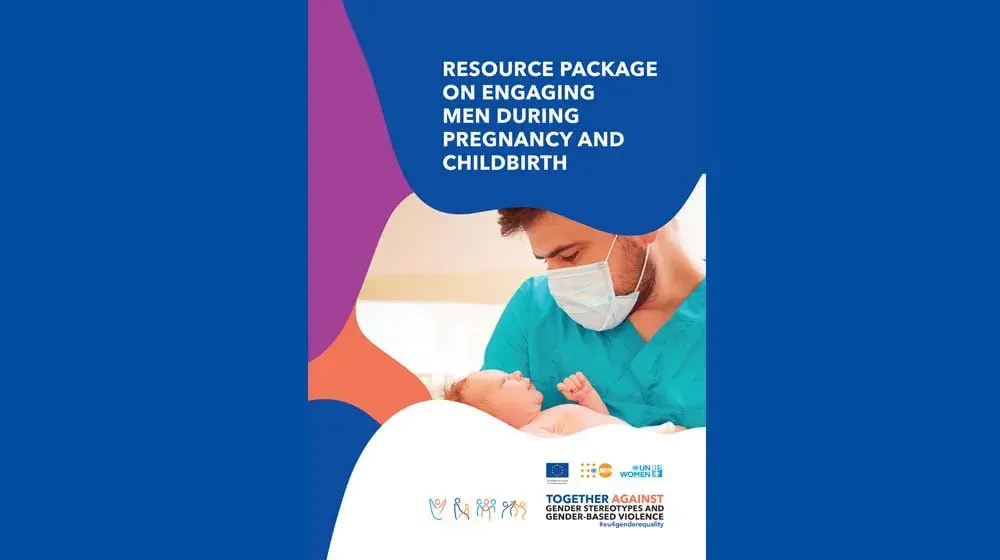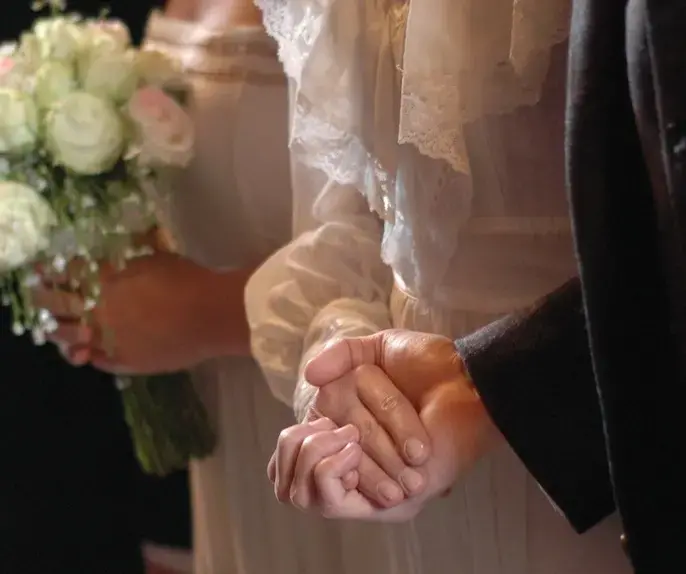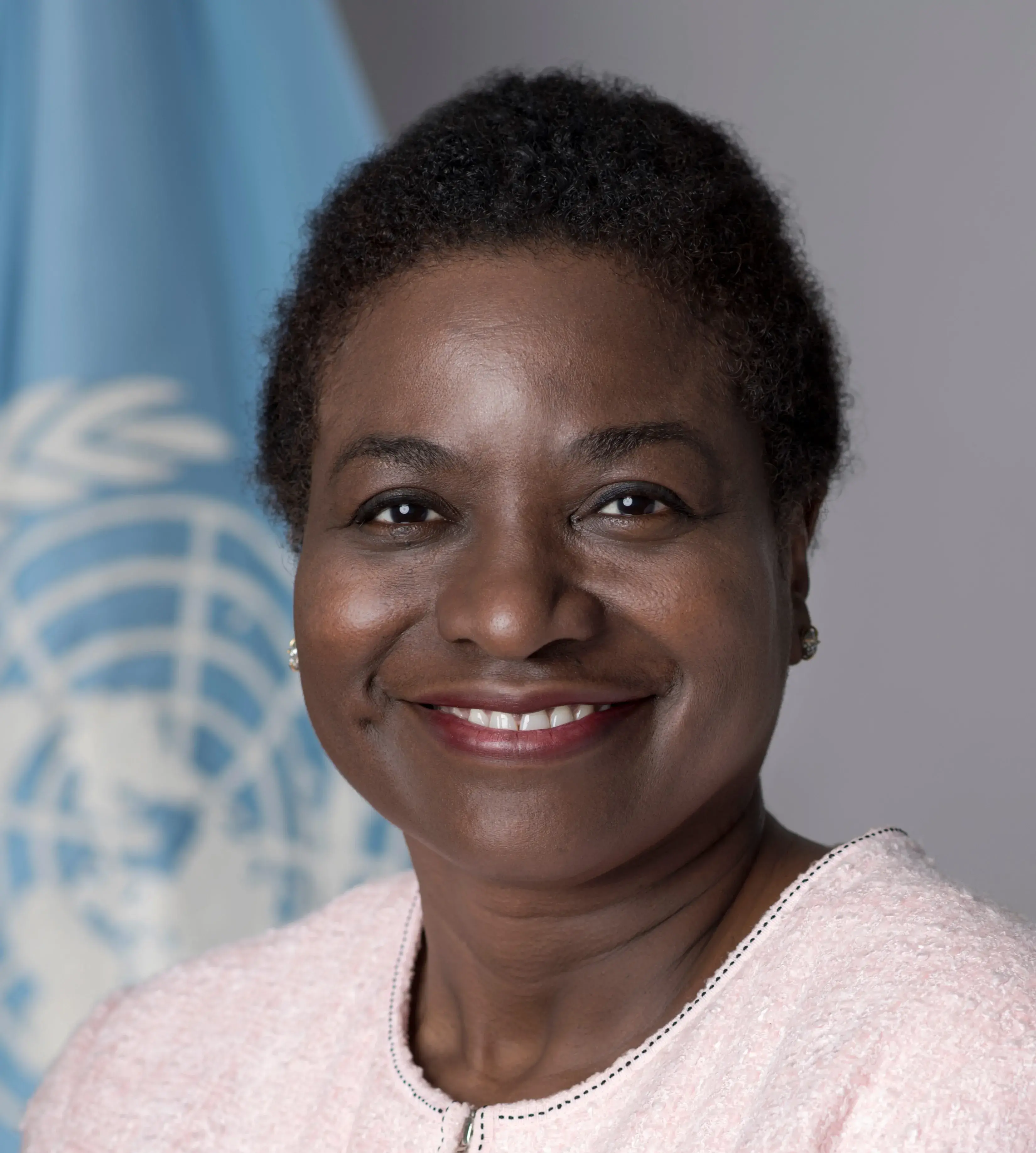Over two years, more than 200 young Armenians deepened their knowledge about men’s engagement in family care, positive parenting, and gender equality by participating in the EU-funded “Papa Schools”.
In Shirak, Tavush and Lori provinces (marzes), during the sessions organized in the framework of the “EU 4 Gender Equality: Together against gender stereotypes and gender-based violence” programme, young people explored the best ways of increasing the father’s involvement in the child care and improved their understanding of equal sharing of domestic work.
A young couple, Karen and Anna, “Papa School” participants, have recently become parents. They have one child, a three-month-old boy, but since mom and dad have had the opportunity to master their parental skills even before he was born, they are quite prepared in caring for him. When Karen returns home from work in the evening, his first necessary chore is taking his son to bathe.
“During the course, we learned to organize the care of a newborn competently, including bathing, nourishment, walks, and sleep. Another important skill we acquired was how to properly divide the responsibilities between the spouses,” says 25-year-old Anna.
“It is not enough to take care only of the financial needs for being a caring husband. It’s about the equal division of domestic work and childcare responsibilities. This essential belief was strengthened in me during the course,” emphasizes 28-year-old Karen.
The young father says that the “Papa School” improved and strengthened his perceptions of a caring husband and father and had a dramatic impact.
“The discussions we had during the “Papa School” gave me confidence, and I decided to be present during childbirth. My wife was strongly against it at first, but after these discussions, she realized that my presence is necessary,” says Karen.
Anna continues her husband's words. "It's true that at first, I didn't want Karen to be present at the delivery, but now I understand how much his presence helped me. In the case of the second child, I will insist that he comes. After giving birth, I was depressed, and thanks to Karen's preparedness and support, we were able to pass that difficult period smoothly."
Fear, anger and happiness. These were the feelings that Karen had while his wife was giving birth to their son: "You can't imagine. You must see it with your own eyes to understand what a woman goes through giving birth to a child."
Anna laughs and adds that Karen even taught her how to change the baby's diaper. After the child's birth, in addition to the five-day paternity leave prescribed by law, Karen took another ten days at his own expense to help his wife at home.
"Of course, it would be great if in our country we could be on paternity leave for a longer time and help take care of the newborn," says Karen.
Anna is currently on maternity leave, but the couple has decided that when the baby no longer needs to be breastfed, the mother will return to work. They also determined how to divide the child's care: until the end of the working day, the grandparents will care for the baby, and after that - the father and mother.
"Being involved in family care is very important, and young Armenians should stop thinking it is not a man's job," says Karen.

Anna also notes that many good Armenian values are essential for a strong family, but harmful stereotypes must be changed. The young couple believes that time and effort are required for this change.
"The role of this programme and similar courses is very high in achieving these changes because people's way of thinking improves and we acquire practical skills and knowledge. Such courses should be continuous to expand the number and range of persons involved and change consciousness. This will ensure that our families are healthier and children live prosperous lives," says Karen.
During 2021-2022, "Papa Schools" were organized in Armenia by Gyumri “Youth Initiatives Centre” NGO and UNFPA Armenia within the framework of the “EU 4 Gender Equality: Together against gender stereotypes and gender-based violence” regional programme, funded by the European Union and implemented jointly by UN Women and UNFPA in six EAP countries.
***
This publication was produced with the financial support of the European Union within the framework of the "EU 4 Gender Equality: Together against gender stereotypes and gender-based violence" programme, implemented jointly by UN Women and UNFPA and funded by the European Union. Its contents are the sole responsibility of UNFPA and UN Women and do not necessarily reflect the views of the European Union.
Mari Mkhitaryan/UNFPA Armenia





